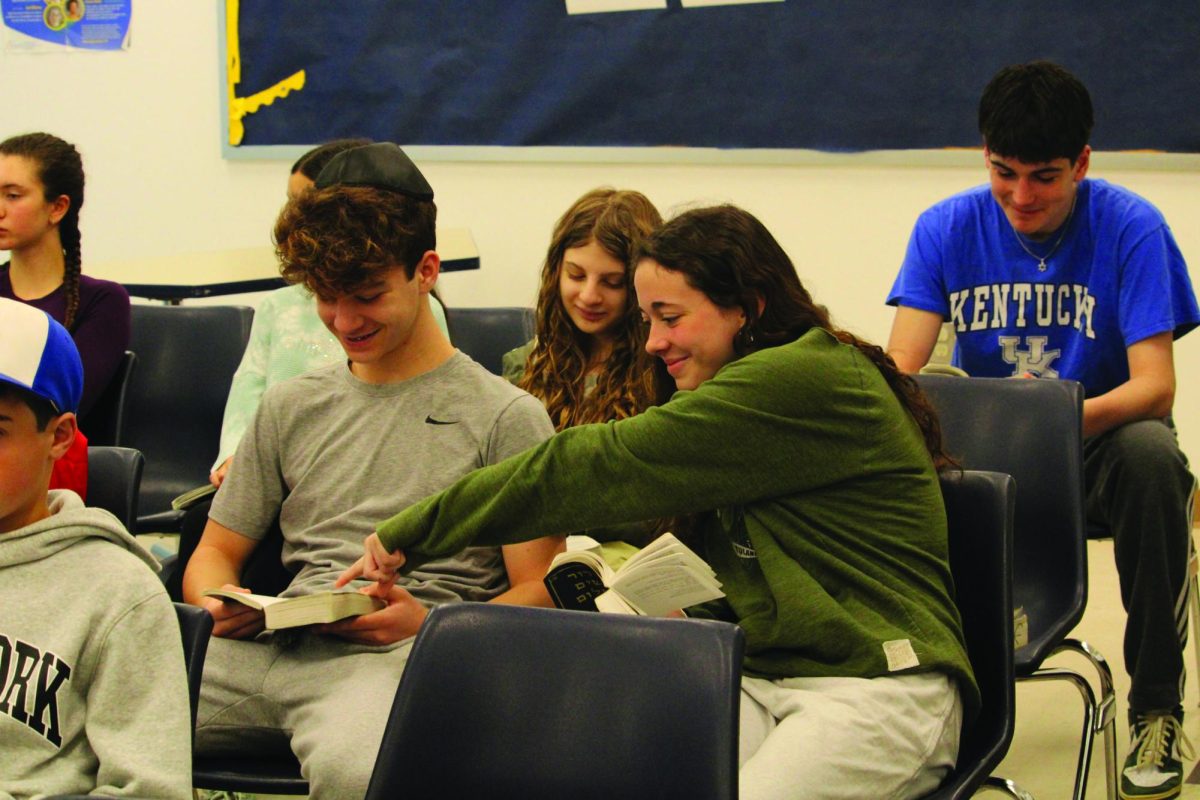The Israeli embassy and military send over emissaries every year, and many of these families choose to send their kids to CESJDS. When they go back to Israel, they carry their experience of life in the United States with them, providing a unique perspective on relations between the U.S. and Israel. This has only grown since Oct. 7 and the outbreak of the ongoing war.
Israeli families often choose to send their children to JDS because of the connection it has with Israel, meaning that even while they are not in the country, they are able to feel at home. At the same time, JDS is an American school, and is able to blend both of these identities. When Israeli students and teachers return to Israel, they are able to further understand connections between the U.S. and Israel because they understand what life in the U.S. is like.
“[Having gone to JDS] makes me think more of the war scene outside of Israel and it also makes me feel as if I have some kind of responsibility towards what people outside of the country see the war as,” former JDS student and Israeli Ayala Karo said. “…I think that at the same time, there is something about being in Israel that right now cannot be explained or understood by people that aren’t here.”
Much has shifted in Israel as a result of the war, making it hard for Israelis who are not in the country, because they are isolated from their community going through war. Israeli communities around the world have gotten closer due to the adverse circumstances.
“Israel is a really small country [and it] became even smaller,” former JDS Hebrew teacher Liat Arditi Zarouk said. “…The country is not the same in so many ways.”
When the war began, Arditi Zarouk had not found a new job yet, so she started volunteering as a counselor at a boarding school for underprivileged kids. She was able to do this because most of their counselors had been called up for military service. She currently works for Perach, an organization that buddies underprivileged children with university students, to serve as role models. This helps the children get more support and attention, which she says is important because of the trauma they are experiencing due to the war.
Arditi Zarouk had originally looked forward to moving back to Israel, and despite the war, she is still glad to be home. Like many other Israelis, Arditi Zarouk feels fortunate to be surrounded by family in a time like this.
“I felt that it was good for us to be here,” Arditi Zarouk said. “I wouldn’t like to be anywhere else in the world if I could choose. My family lives in Ashkelon, and they have a lot of missile attacks and I was able to host them when they left their house…So for me it was a privilege to be able to help and to take care of them.”
Because of the small size of the country, most people know someone who has been directly affected. This also extends into army service, as many are currently serving and have been called up from the reserves.
“My cousin is in combat, and he’s so ridiculous,” Karo said. “He just posted a story where you can see his tank that he drives and like, location: Lebanon, as if it’s like a weekend outing with his friends or something.”
This state of war has become the new normal. Parents tell their children stories about the last war, and what that was like. This new normal drastically affects all of Israel, as everyone knows some who are in the army, or are in the army themselves. Because she lived in the U.S., Karo is able to understand how the war appears to people outside of Israel.
“It’s complicated because it feels as if it’s a given that people are expected to live as if nothing’s happening at this point [and it[ is slightly a privilege if you do,” Karo said. “…Even just checking in with Israelis raising awareness to the issues and stuff like that is important.”














